Lucifer (2014)
Género : Drama
Tiempo de ejecución : 1H 48M
Director : Gust Van Den Berghe
Sinopsis
On his downfall from Heaven to Hell, Lucifer passes through the earthly paradise, a village in Mexico, where elderly Lupita and her granddaughter Maria live. Lupita's brother Emanuel pretends he's paralyzed so he can drink and gamble while the two women tend to the sheep. Lucifer senses an opportunity and plays the miraculous healer. He forces Emanuel to walk again, seduces Maria and makes Lupita doubt about her faith. He didn't bring bad luck, he only illuminated the line between good and evil, where it didn't exist before.
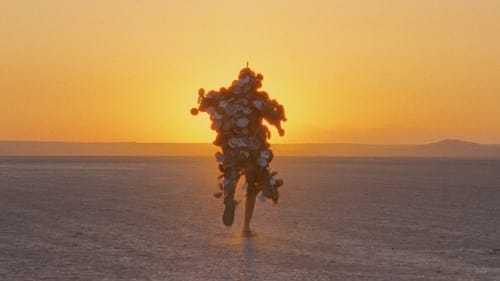
Shooting against the staggering beauty of the Moroccan landscape, from the rugged terrain of the Atlas Mountains to the stark and surreal emptiness of the desert, with its encroaching sands and abandoned film sets, a director abandons his own film set and descends into a hallucinatory, perilous adventure of cruelty, madness and malevolence. A Paul Bowles story combined with observational footage forms a multi-layered excavation into the illusion of cinema itself.

Director Jonas Mekas travels through New York nights, through apartments, studios, backstage rooms, galleries, bars, and clubs. Encountering old acquaintances like Ken and Flo Jacobs, Yoko Ono, friends, brothers and sisters, sons and daughters. Mr. Mekas begins the film with the words 'I can't sleep.' Who hasn't been in this situation? Sleepy and yet wide awake at the same time, you find yourself in the world of those exhausted from the day's exertions, the drunk, the relaxed, the dancing, the brooding, the mourning, and the pensive.
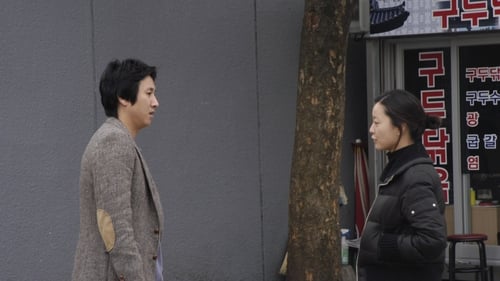
Hong Sang-Soo’s Lost in the Mountains (South Korea, 32min) the visitor is the supremely self-centred Mi-Sook, who drives to Jeonju on impulse to see her classmate Jin-Young – only to discover that her friend is having an affair with their married professor, who Mi-Sook once dated herself. The level of social embarrassment goes off the scale. In Naomi Kawase’s Koma (Japan, 34min), Kang Jun-Il travels to a village in rural Japan to honour his grandfather’s dying wish by returning a Buddhist scroll to its ancestral home. Amid ancient superstitions, a new relationship forms. And in Lav Diaz’ Butterflies Have No Memories (Philippines, 42min) ‘homecoming queen’ Carol returns to the economically depressed former mining town she came from – and becomes the target of an absurd kidnapping plot hatched by resentful locals. Serving as his own writer, cameraman and editor, Diaz casts the film entirely from members of his crew and delivers a well-seasoned mix of social realism and fantasy. —bfi

A true story of a doctor and his wife who went on a journey in order to prove that discoverer Christopher Columbus was in fact Portuguese. Inspired by the book "Cristóvão Colon Era Português".
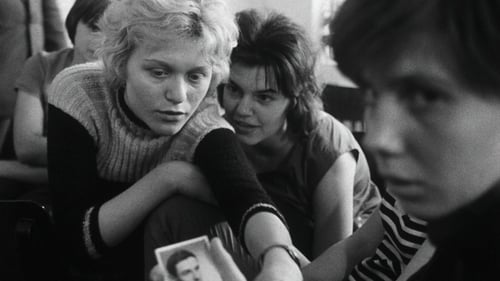
The themes of anarchy and individualism that run through Věra Chytilová’s work begin here, in an almost docu-realist look at women finding freedom and joy amid the rigid conformity of life in a communal factory dormitory.

A well educated and humble teacher arrives in a new city and at a new job in the pre-revolutionary Iran. He falls in love with a hardworking underprivileged young woman that nurses her very old mother and raises her young brother. In an environment where commitments and social problems often stand in the way between people and their dreams.

A documentary portrait of Miho Shimao, widow of renowned Japanese writer Toshio Shimao.
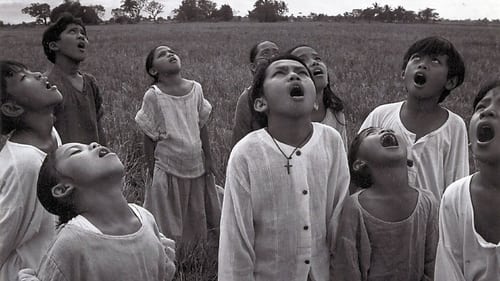
What follows is a black-and-white silent film set in the 1890s during the brewing Filipino revolution against Spanish colonialism. A series of tragic and comic sequences tells the Three Ages of an Indio (“common man”) as he progresses from boy bell ringer in a village church to teenage revolutionary to adult theater actor rehearsing a popular Spanish play.
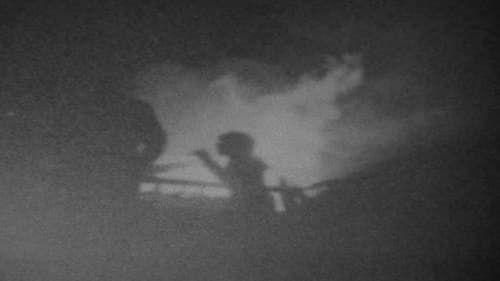
A family's place in the wilderness, outside of time; free-range animals and children, junk and nature, all within the most sublime landscape. The work aims at an idea of freedom, which is reflected in the hand-processed Scope format, but is undercut with a sense of foreboding. There's no particular story; beginning, middle or end, just fragments of lives lived, rituals performed.

Una adinerada mujer, postrada en la cama por una enfermedad, intenta ponerse en contacto por teléfono con su marido, pero la comunicación se ve interrumpida. (FILMAFFINITY)

A dos niños, que son músicos ambulantes, les roban accidentalmente un acordeón. Rodada en Teherán, forma parte del proyecto "Then and Now", sobre la tolerancia y la complejidad de las culturas. En palabras de Pahani, "soy un director que tiene muy en cuenta las circunstancias sociales y lo que ocurre a mi alrededor. Por ello, tal vez "The Accordion" refleja mis emociones frente a lo que sucede y expresa mi manera de ver la realidad". (FILMAFFINITY)
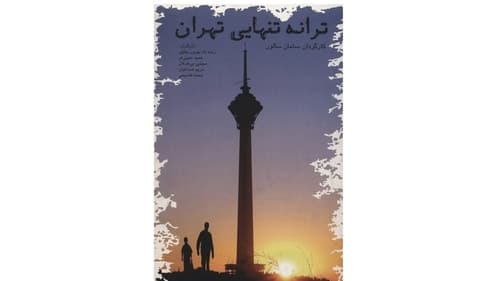
Directed by Saman Salur

Enacting the story of a hunt with wild but precise gestures, the Polish animator Witold Giersz’s The Horse (award-winning at the Krakow Film Festival for “its exceptionally interesting animation technique”) explodes with color and brings to life the physical strokes of paint of which it is made. The film never lets you forget that what you’re seeing is simply paint being rearranged into recognizable shapes, yet the pumping musical score and expressiveness of its titular character provide a simultaneous emotional experience. The abstract backgrounds render the narrative world beautiful and strange yet entirely comprehensible, as the film depicts an epic chase from humanity’s past.

An hour-long filmed profile of Amos Vogel, 82-year old New York resident and Austrian emigre, founder of the New York Film Festival and America's most important film society, Cinema 16.

Director Theodore Ushev uses his own blood to animate struggles with injustice in the world.

Short science fiction film, a companion piece to Kluge's Der Große Verhau and Willi Tobler und der Untergang der 6. Flotte.

A three hour shot containing light, dark, and a BNSF train in the desert.

Short propaganda film. Warsaw's post-war reconstruction as seen through the eyes of the passengers of a red bus.

A stunning study of real-time light changing from day to night which was filmed in a forest high up in California’s Sierra Nevada Mountains

"Blushing Charlie" - Truckdriver and bachelor Charlie meets homeless and seven months pregnant Pia. They both dream of finding someone to share their lives with. Charlie then faces a dilemma whether to take part in a demonstration in favor of Cuba, and in addition with his employer's truck.













